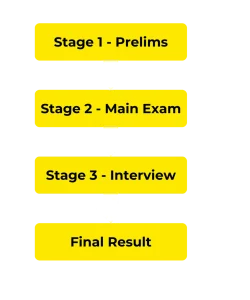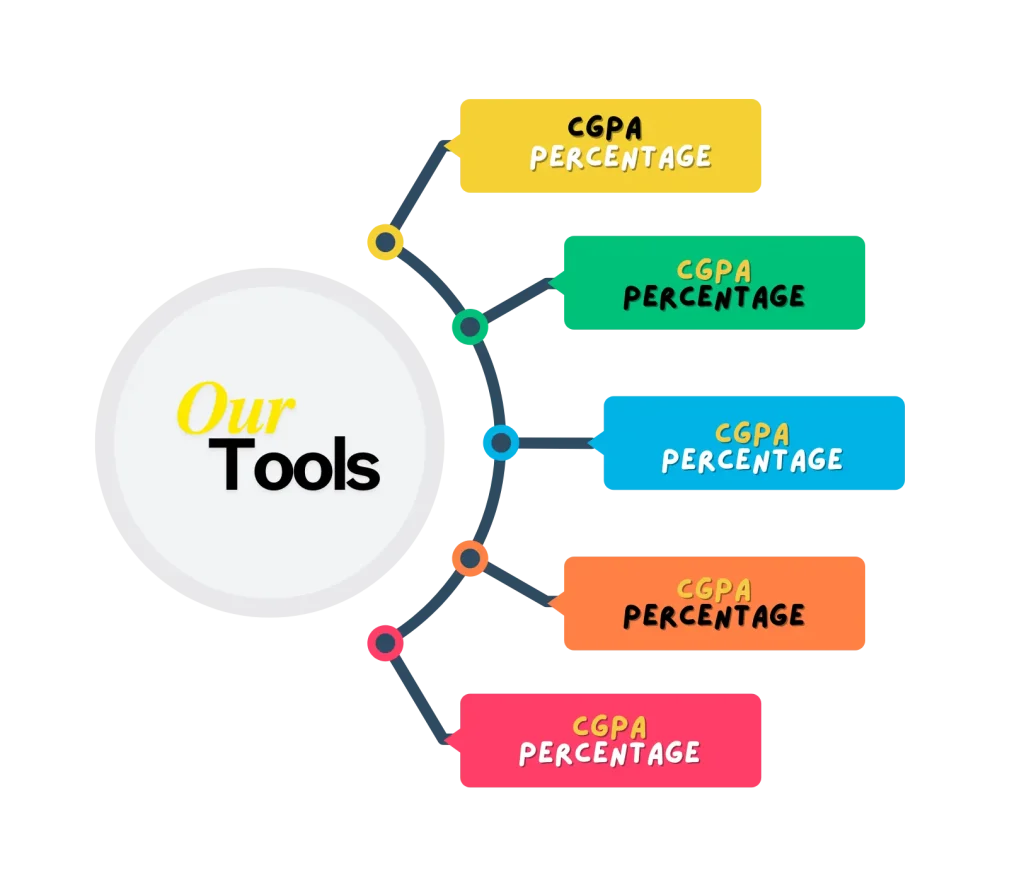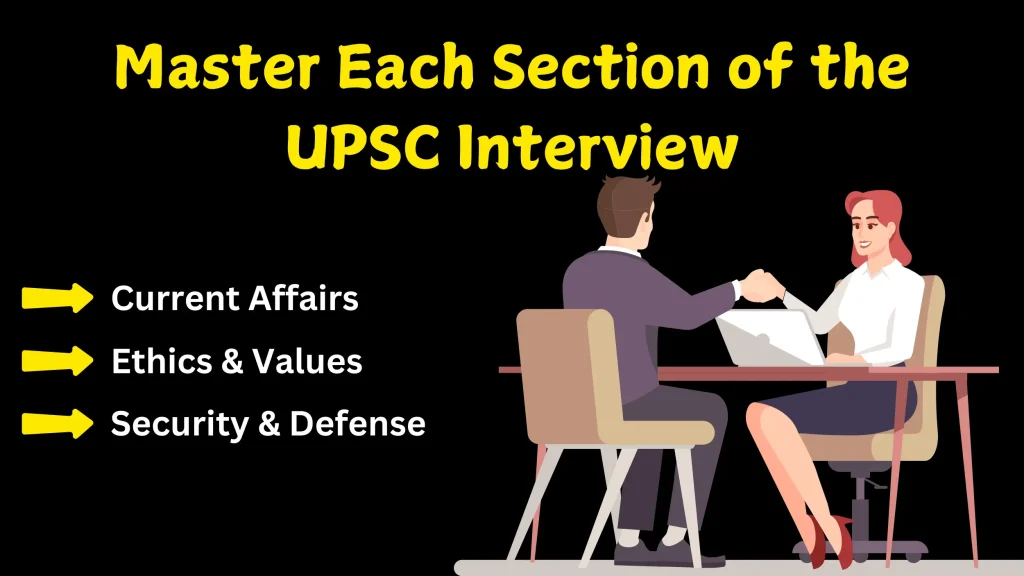UPSC Interview 2025: 20 Commonly Asked Questions & Answering Tips

Preparing for the UPSC Interview 2025? You’ve come to the right place! This blog covers 20 commonly asked questions along with general answering strategies to help you prepare confidently. Whether you’re aiming to improve your articulation, decision-making skills, or ethical judgment, these insights will guide you through your preparation.
Read on to explore section-wise questions and essential tips to help you succeed in your UPSC Personality Test.
The UPSC interviews are being conducted from January 7 to April 17, 2025, at the UPSC Office, Dholpur House, Delhi.
Stages of the UPSC Examination:
In UPSC examination process, there are 3 stages:
- Preliminary Examination (Prelims) – Objective in nature and qualifying only.
- Main Examination (Mains) – Total of 1750 marks; descriptive papers.
- Personality Test (Interview) – 275 marks, assessing personality traits and practical thinking.


Our Tools
Top 20 UPSC Interview Questions and How to Answer Them:
Here are top 20 UPSC commonly asked questions with sample answer:
Disclaimer
The following answers are provided for reference purposes only and should not be copied verbatim. The UPSC interview values originality, critical thinking, and a candidate’s unique perspective. Aspirants are encouraged to personalize their responses based on their experiences, insights, and the latest developments in current affairs.
- Can you briefly introduce yourself?
Share a concise overview of your background, including your educational qualifications, professional experiences, and key personal traits. Focus on aspects that reflect leadership, integrity, and service motivation. - Why do you want to join the civil services?
Express your interest in contributing to public welfare, making a positive societal impact, and working towards national development. Highlight your passion for governance, policy-making, and community service. - What do you consider your greatest strength and weakness?
For strengths, mention qualities like adaptability, time management, or problem-solving with examples. For weaknesses, acknowledge a genuine area for improvement while explaining the steps you’ve taken to address it. - Can you explain a recent government policy and its significance?
Choose a recent policy such as Digital India or Atmanirbhar Bharat. Briefly describe its objectives, implementation strategies, and its positive impact on the economy or society. - How would you explain the significance of the Indian Constitution?
Emphasize its role as the foundation of Indian democracy, safeguarding citizens’ rights while ensuring justice, equality, liberty, and fraternity. Highlight key features like secularism and federalism. - Describe a challenging situation you have faced and how you handled it.
Share a situation where you demonstrated problem-solving, teamwork, or decision-making skills. Explain the challenge, the steps you took to address it, and the positive outcome achieved. - How do you keep yourself updated with current affairs?
Mention reliable sources like newspapers (The Hindu, Indian Express), government portals, PIB releases, and online platforms for competitive exam preparation. - What is the role of media in a democratic society?
Explain how media acts as the fourth pillar of democracy by promoting transparency, holding authorities accountable, and empowering citizens with information. Mention responsible journalism. - What do you understand by inclusive growth, and why is it important?
Define inclusive growth as development ensuring equal opportunities for all sections of society. Discuss its importance in poverty reduction, gender equality, and balanced economic progress. - What is the Panchayati Raj system, and why is it important?
Explain the Panchayati Raj as a decentralized form of governance ensuring grassroots democracy. Highlight its role in empowering rural communities and promoting local development. - How would you describe the cultural diversity of India?
Highlight India’s vast cultural landscape, including languages, festivals, traditions, and art forms. Emphasize the concept of “unity in diversity” and its importance in national harmony. - What are the positive and negative impacts of globalization on India?
Mention positive impacts like increased foreign investments, technology exchange, and global collaborations. For negatives, discuss cultural dilution, economic disparities, and market dependency. - Can you discuss a historical event that significantly shaped modern India?
Choose impactful events like the Quit India Movement or the adoption of the Constitution. Briefly explain the event’s background, key figures, and its long-term effects on Indian society. - How can economic growth be balanced with environmental sustainability?
Emphasize the importance of sustainable practices like promoting renewable energy, enforcing environmental regulations, and implementing eco-friendly policies. - What do you understand by judicial activism?
Judicial activism refers to proactive court interventions in public interest matters to uphold constitutional values and protect citizens’ rights, such as the Vishaka Guidelines case on workplace harassment. - What are the major challenges faced by Indian agriculture today?
Discuss issues like fragmented land holdings, outdated techniques, water scarcity, and low productivity. Mention solutions such as modern irrigation methods, crop diversification, and government schemes. - Can you share insights from a book that has influenced you?
Mention the book title and author, summarize its core message, and explain how it inspired you, focusing on personal growth or professional motivation. - What was the Non-Aligned Movement, and why was it significant?
Explain NAM as a Cold War-era movement where countries avoided aligning with power blocs. Emphasize its importance in promoting peace, sovereignty, and non-intervention policies. - How can technology be effectively used in governance?
Discuss e-governance tools like DigiLocker, UMANG, and Aadhaar for enhancing transparency, improving service delivery, and reducing corruption in public administration. - How do you handle stress or pressure situations effectively?
Mention strategies like prioritizing tasks, staying calm under pressure, practicing mindfulness, and maintaining a positive attitude.
Section-wise UPSC Interview Questions:

Current Affairs
- What is your opinion on a recent global event that has significantly impacted India?
- How do you stay updated with current affairs, and how do you ensure your information is reliable?
- Can you explain the implications of a recent government policy on the Indian economy?
Ethics and Values
- What does integrity mean to you, and how do you apply it in daily life?
- How would you handle a situation where you are pressured to compromise on ethical principles?
- Explain the importance of empathy in public service.
International Relations
- What is India’s stance on the Indo-Pacific region, and why is it significant?
- Explain the importance of India’s relations with its neighboring countries.
- How does India contribute to global peacekeeping efforts?
Economy and Development
- What measures can be taken to reduce income inequality in India?
- Explain the role of MSMEs in boosting India’s economy.
- How can the government promote sustainable economic development?
Science and Technology
- How can Artificial Intelligence be utilized in public service delivery?
- Explain the significance of India’s space missions in scientific advancement.
- What are the ethical concerns related to genetic engineering?
Security and Defense
- What are the current challenges in India’s internal security framework?
- Explain the importance of cybersecurity in national defense.
- How does India ensure border security while maintaining diplomatic relations?
Social Issues and Welfare
- What steps can be taken to improve gender equality in rural India?
- Explain the significance of the Right to Education in bridging social gaps.
- How can public service initiatives promote social inclusion?
Personality and Behavioral Questions
- What motivates you to serve in the civil services?
- Describe a situation where you demonstrated leadership qualities.
- How do you handle criticism, especially in a professional setting?
Tips for UPSC Interview Preparation:
- DAF Details: Carefully review your Detailed Application Form (DAF). Be prepared to answer questions like your name, hometown, educational background, hobbies, and other personal details mentioned in the form.
- Current Affairs Knowledge: Stay updated on national and international news, government policies, and recent events. Develop a balanced understanding of trending topics and their implications.
- Clarity on Optional Subject: Ensure you have a solid grasp of your optional subject. Expect in-depth questions and be ready to explain complex concepts clearly.
- Balanced Opinions: Provide well-reasoned answers, avoiding extreme views. Support your arguments with facts while respecting diverse perspectives.
- Body Language and Confidence: Maintain positive body language, eye contact, and a calm demeanor throughout the interview. Confidence and politeness go hand in hand.
- Communication Skills: Practice clear, concise, and structured answers. Avoid long-winded explanations while ensuring you cover the core points effectively.
- Stress Management: Stay composed under pressure. If you don’t know an answer, admit it honestly rather than guessing.
- Mock Question Practice: Prepare for common questions like “Why do you want to join civil services?” and “What are your long-term goals?” to refine your articulation.
- Positive Attitude: Approach the interview with optimism and sincerity. The panel values honesty, self-awareness, and a genuine willingness to serve.
For detailed official guidelines on the interview process, candidates should refer to the UPSC Interview Guidelines.
Final Thoughts:
The UPSC interview tests not just knowledge but also decision-making, clarity of thought, and ethical judgment. Consistent preparation, self-awareness, and clarity can help aspirants excel in this crucial stage.
FAQs
Want more content like this?
Get articles & insights direct to your inbox.
